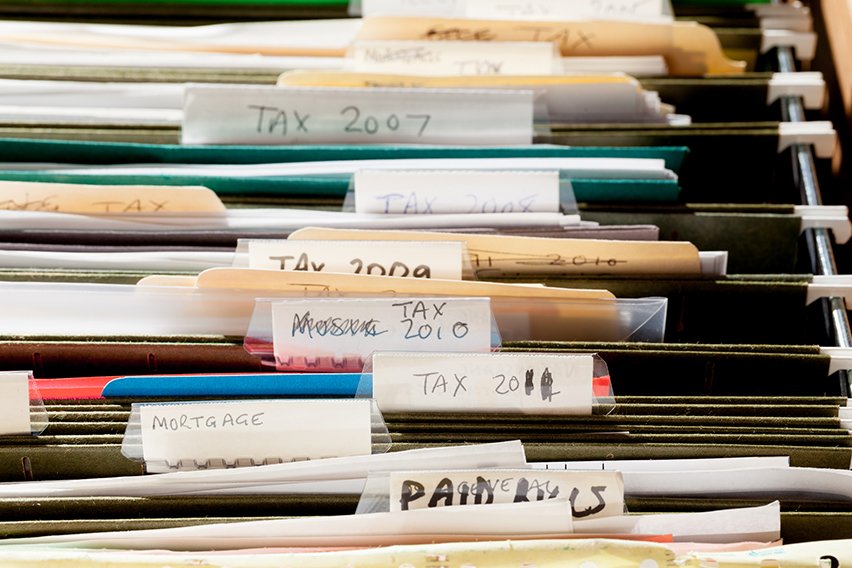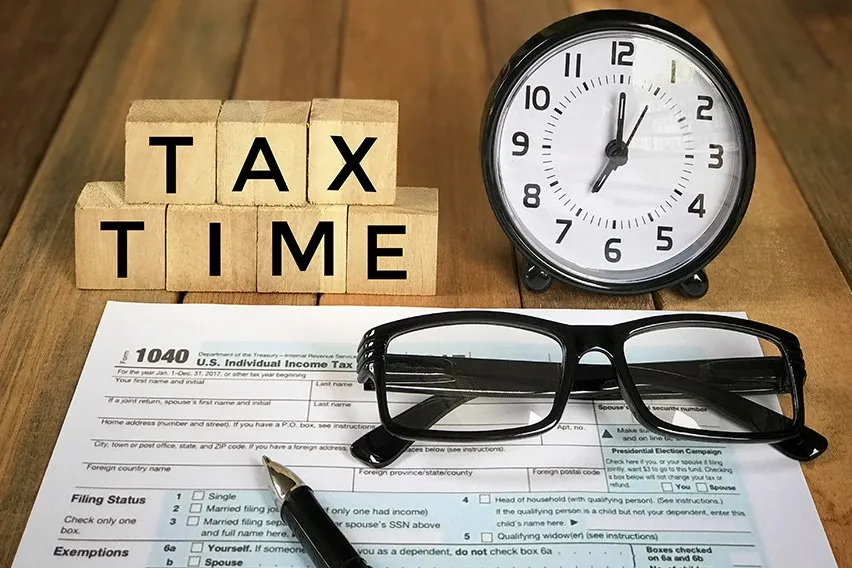How Long Do You Tax Preparers Have to Keep Records?

A tax preparer is expected to keep tax records for at least three years.
According to Internal Revenue Service Bulletin 2012-11, the tax preparer must keep tax returns, along with supporting documentation for a minimum of three years and in some situations, it is recommended to keep them longer. For instance, if a taxpayer claimed a loss on worthless securities the IRS can look back seven year. Or if the taxpayer underreported more than 25 percent of their income, the IRS can look back six years into your tax history. While it is not required for tax preparers to keep their client’s records for longer than three years, they might be helping their client if they are subjected to a future IRS investigation.
A tax preparer relies on the information their clients have provided about their financial situation, so they aren’t liable for penalties and fees if their client was untruthful about their tax situation, as long as they acted ethically. The IRS may subpoena those records from a tax preparer when they are auditing a tax preparer’s client. If the tax preparer fails to retain tax records and documentation, they could be subject to a $500 penalty.
The IRS has provided a Period of Limitations that apply to income tax returns:
- Keep records for 3 years if situations (4), (5), and (6) below do not apply to you.
- Keep records for 3 years from the date you filed your original return or 2 years from the date you paid the tax, whichever is later if you file a claim for credit or refund after you file your return.
- Keep records for 7 years if you file a claim for a loss from worthless securities or bad debt deduction.
- Keep records for 6 years if you do not report income that you should report, and it is more than 25% of the gross income shown on your return.
- Keep records indefinitely if you do not file a return.
- Keep records indefinitely if you file a fraudulent return.
- Keep employment tax records for at least 4 years after the date that the tax becomes due or is paid, whichever is later.
The following questions should be applied to each record as you decide whether to keep a document or throw it away.
In this article you will also learn about:
What Documents Do Tax Preparers Need to Keep?
How Many Years Can You Be Audited?
7 Reasons the IRS Might Audit You

What Documents Do Tax Preparers Need to Keep?
When a tax preparer takes on a client, they request all relevant financial records for the tax years that the tax preparer will be preparing the return for. After the tax return is completed, a copy of the main tax return will be given to the client. Along with a client’s main tax return, a tax preparer must keep a copy of any supporting documentation. Important documents tax preparers must keep include:
- Main tax form
- Supporting tax schedule
- Tax work papers
- Client-prepared tax return checklist
- Receipts
- Bank statements
- General ledgers
- Documentation on income from investments
- Other relevant financial documents from the client
The IRS allows these documents to be kept in physical or electronic form.
How Many Years Can You Be Audited?
Usually, the IRS audits returns filed within the last three years. If they identify a substantial error, they can add additional years to the audit. They usually don’t go back more than the last six years. The IRS tries to audit tax returns as soon as possible after they are filed.
The reason the IRS conducts audits is to minimize the difference between what the IRS is owed and what they actually received. Some audits are random but often the IRS selects taxpayers based on suspicious activity.
7 Reasons the IRS Might Audit You
An audit is simply a way for the IRS or state tax authority to double-check your numbers and look deeper into discrepancies. The IRS will audit a taxpayer with suspicious financial and tax activity.
Here are some red flags the IRS will pick up when choosing who to audit.
1) Too Many Charitable Donations
Making significant charitable donations will make you eligible for some substantial deductions during tax season. However, if you don’t have the documentation to support the validity of your contribution, don’t claim. For example, the IRS is going to notice a tax return that claims $10,000 in charitable deductions when that tax payer’s annual salary was only $40,000.
2) Failing to Report Part of Your Income
Form 1099 reports nonwage income you get from things like freelance, stock dividends and interest.
If you have a day job and pick up freelance work on the side, you might be tempted to only submit your W-2 form from your day job and keep your freelance writing income on your Form 1099 a secret.
Well, that is not a great idea because the IRS most likely already knows about that freelance income listed on your Form 1099 because the company you worked for probably sent in a copy of that Form 1099 to claim the work you did for them.
3) Claiming Too Many Work Expenses
In order for a deduction to be eligible, it must be ordinary and necessary to your line of work. A professional income who sells their art for income could claim paint and paintbrushes because those purchases were ordinary and necessary. However, a lawyer who pains for fun and does not make income from their work, can’t make the same claim to deduct the expenses of their art supplies.
When claiming an expense for your career consider if the purchase was absolutely necessary for you to perform your work duties.
4) Mathematical Errors
Making errors on your tax return could cause the IRS to audit you. Anyone who files taxes should avoid mistakes because you could face penalties whether those mistakes were intentional or not. If you’re doing your own taxes, double and triple check your numbers. If your math skills are lacking, perhaps consider using a tax preparation software or working a tax preparer to help you avoid costly errors.

5) Too Many Losses on a Schedule C
If you’re self-employed, you might be tempted to hide income by filing personal expenses as business expenses. Before you write off your new skis, consider that IRS might consider too many reported losses suspicious. The IRS will wonder how you’re keeping your business afloat.
6) Your Numbers Are Too Neat and Round
The numbers on your 1040 form and supporting documents will not be simple and in intervals of $100. Be precise and avoid estimating when you’re making your calculations. Round to the nearest dollar but no the nearest hundred. Say you’re claiming an expense that is $495.15, round that number to $495, not $500. An even $500 is something the IRS will likely ask for proof of.
7) Home Office Deductions
A deduction that is often subject to fraud is home office deductions.
The IRS has specific qualifications for home office deductions for people who use part of their home regularly for your trade or business. So, a home office can qualify, if you use it for work and work only.
Give honest measurements when you report part of your home used for strictly business operations Answering emails from your couch in your living room, in front of a big-screen TV does not count as a home office.
RELATED ARTICLES


 How Long Does It Take To File Taxes
How Long Does It Take To File Taxes What Does Your Accountant Need to Do Your Taxes?
What Does Your Accountant Need to Do Your Taxes? Closing the Books: Basics & 8 Steps Guide
Closing the Books: Basics & 8 Steps Guide  When Should I Hire an Accountant
When Should I Hire an Accountant